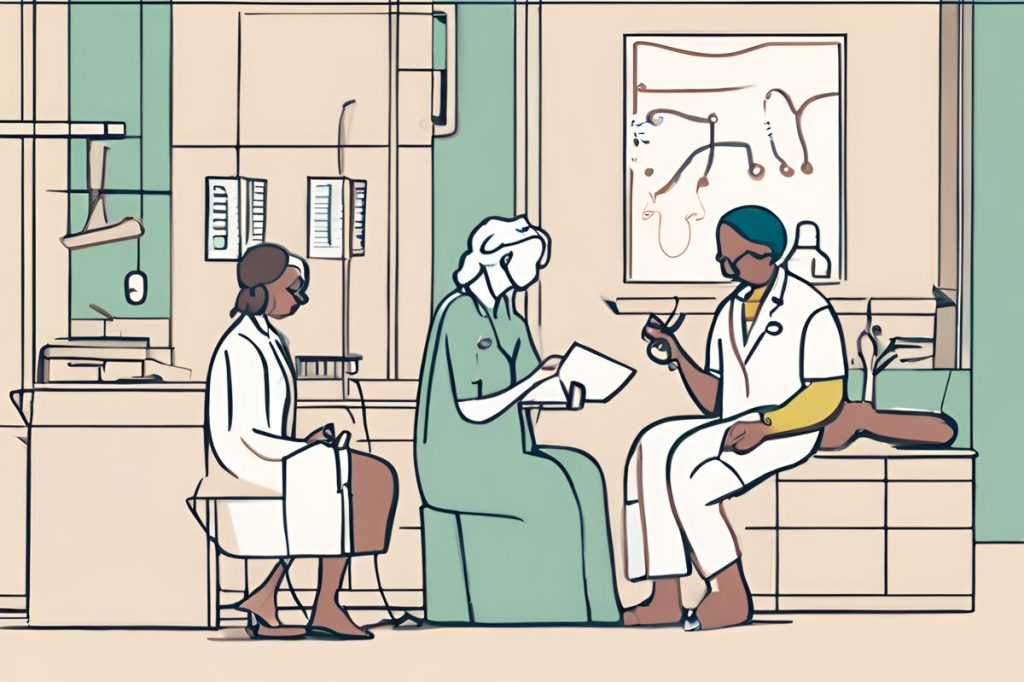The ombudswoman Maria Stylianou-Lottides raised serious concerns about Cyprus’s veterinary services failing to oversee dog importation effectively, leading to unchecked procedures and a lack of communication. She called for a thorough investigation to improve transparency, accountability, adherence to ethical standards, and to protect animal welfare and the public interest.
What concerns did the ombudswoman Maria Stylianou-Lottides express about Cyprus’s veterinary services?
The ombudswoman expressed concerns over veterinary services in Cyprus not adequately overseeing dog importation, leading to unchecked procedures and poor communication. She emphasized the need for a comprehensive investigation, improved transparency, accountability, and adherence to ethical standards to safeguard animal welfare and public interest.
The Ombudswoman’s Critique
Maria Stylianou-Lottides, the ombudswoman, has recently expressed serious concerns over the approach taken by the veterinary services in Cyprus. The matter arose when allegations of unchecked dog importation surfaced, prompting the Voice for Animals, a collective of animal welfare organizations, to seek action. A citizen had earlier brought the issue to light, but it seemed their efforts were in vain.
This complaint, lodged in 2022, was intended to reach the agricultural ministry, suggesting an inquiry into the daily customs records at Larnaca airport. Unfortunately, the initial complaint seemed to vanish into a bureaucratic black hole. A follow-up communication was met with silence, which led to further frustration and the need for an ombudswoman’s intervention.
Ministry-Veterinary Services Dispute
The narrative took a twist when the veterinary services denied receiving instructions from the ministry, a claim directly contradicted by the agriculture minister. He stated he had indeed issued directives to improve the import control process. This conflict suggests a breakdown in communication between the two bodies, ultimately impacting the efficiency of public services.
The director of the veterinary services insisted that no meeting was convened as it should have been, and the delay in response was chalked up to a postal error. This excuse, however, doesn’t sit well with the ombudswoman, who pointed out the duty of the agency to respond promptly to such matters.
Protecting Public Interest and Animal Welfare
Lottides emphasized the role of public services like the veterinary department, which should not act on discretion but is mandated to protect public interest. In this context, ensuring the legality and safety of dog importation is not just a matter of following procedure but of upholding ethical standards and safeguarding animal welfare.
It was strongly recommended that the veterinary services, in consultation with the ministry, conduct a comprehensive investigation into the complaints received. This would not only address the immediate concern but also reinforce the credibility of the veterinary services in managing such significant matters.
Necessary Actions and Transparency
Moving forward, it’s essential that the veterinary services take a more proactive stance on issues brought to their attention. Transparency and communication must be improved, not just within the agency but also with other governmental departments and the public they serve.
Animal welfare groups like Voice for Animals play a crucial role in advocating for the rights and well-being of animals. Their involvement in this situation should be acknowledged and valued, maintaining an open line of communication to ensure all concerns are adequately addressed.
In conclusion, these events underscore the need for diligence and accountability in public services, particularly when it comes to regulations that affect both human communities and animal populations. The veterinary services’ ability to respond effectively to such issues is vital in maintaining public trust and ensuring that Cyprus’s policies align with humane and ethical standards.
What prompted the ombudswoman Maria Stylianou-Lottides to raise concerns about Cyprus’s veterinary services?
The ombudswoman raised concerns after allegations of unchecked dog importation surfaced, prompting the Voice for Animals to seek action. A citizen’s complaint in 2022 highlighted the issue, but it was met with bureaucratic hurdles and lack of response, leading to the ombudswoman’s intervention.
What conflict emerged between the Ministry and the Veterinary Services regarding dog importation oversight?
A conflict arose when the veterinary services denied receiving instructions from the ministry, contradicting the agriculture minister’s statement that directives were issued to improve import control. This lack of communication and conflicting claims hint at a breakdown in coordination between these entities, affecting the efficiency of public services.
Why is it important for the veterinary services to conduct a comprehensive investigation into the complaints received?
A thorough investigation is crucial to address the immediate concerns raised about dog importation oversight. It not only helps rectify any potential issues but also reinforces the credibility of the veterinary services in managing significant matters related to animal welfare and public interest.
How can transparency and communication be improved within the veterinary services and with other governmental departments?
To enhance transparency and communication, the veterinary services should take a more proactive stance in addressing concerns, consult with the ministry, and maintain an open dialogue with animal welfare groups like Voice for Animals. This collaboration ensures that all stakeholders are informed and involved in decision-making processes, ultimately fostering trust and accountability in public services.

